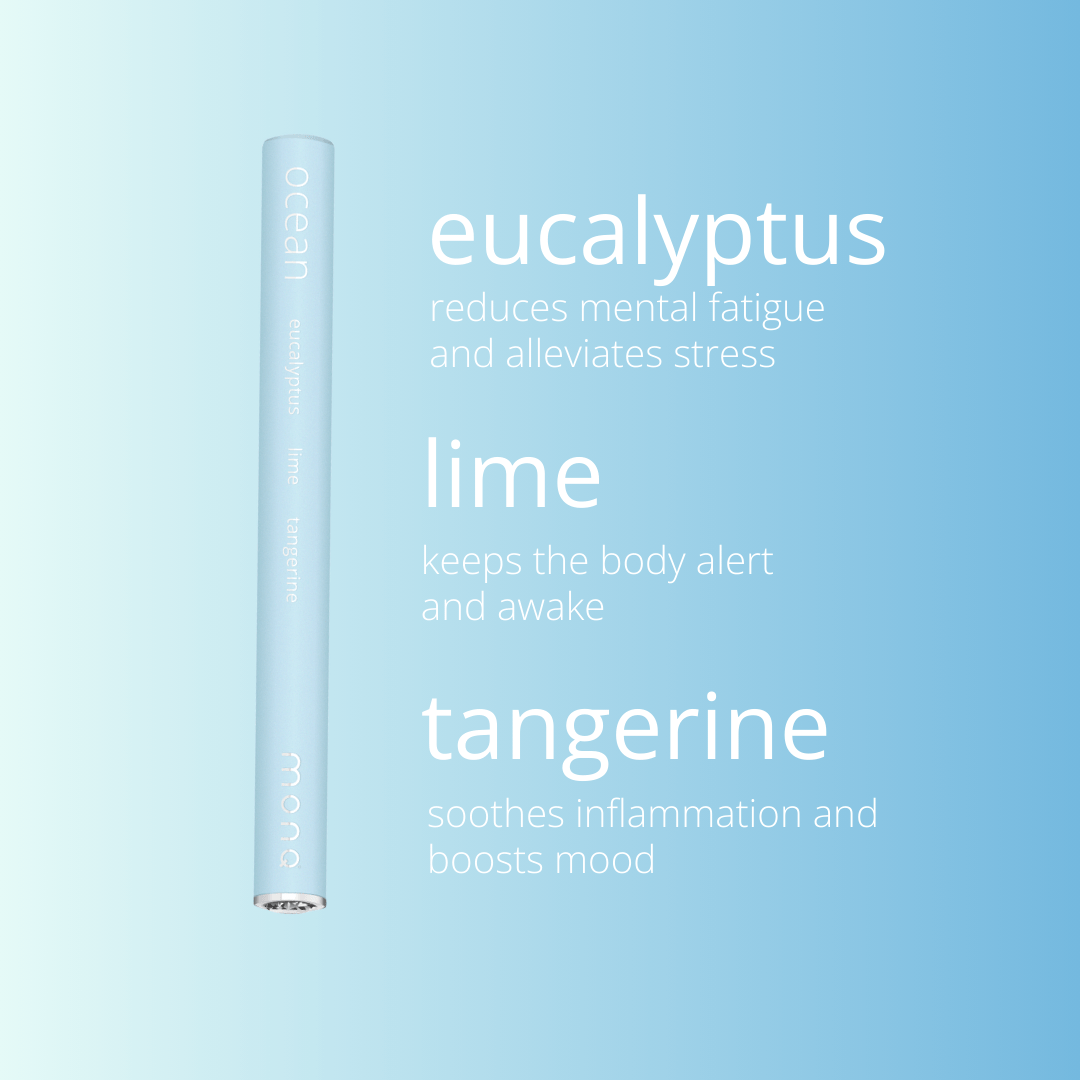Managing Arthritis Discomfort with CBD

Arthritic conditions are more widespread than commonly thought, affecting approximately 54 million adults, and even 300,000 infants and children. The quest for effective remedies has led researchers to explore the potential of Cannabidiol (CBD) and its interaction with the endocannabinoid system in alleviating arthritis-related discomfort and inflammation.
Understanding Arthritis Discomfort: Osteoarthritis and Rheumatoid Arthritis
Osteoarthritis (OA) stems from joint and bone degeneration, resulting in cartilage erosion and bone-on-bone friction, leading to discomfort and swelling, notably in weight-bearing joints like hips, knees, and thumbs. On the other hand, Rheumatoid arthritis (RA) targets healthy tissues, triggering joint inflammation, particularly in hands and feet, causing mobility challenges. CBD's potential in managing both nociceptive and neuropathic discomfort associated with these conditions is being explored.
CBD and the Endocannabinoid System
CBD, a cannabinoid found in the cannabis plant, interacts uniquely with the endocannabinoid system (ECS), responsible for maintaining bodily balance. By modulating ECS receptors, CBD may encourage anti-inflammatory responses, offering hope for arthritis symptom relief.
Insights from CBD Studies on Arthritis Discomfort
Various studies highlight CBD's potential in managing arthritis symptoms:
-
CBD's Influence on Discomfort Perception: CBD's impact on discomfort perception involves modulation of G-protein-coupled receptors and ion channels, as well as inhibition of anandamide uptake and hydrolysis, showcasing its multifaceted role in discomfort regulation.
-
Topical CBD for Discomfort and Inflammation: Transdermal CBD application demonstrated significant relief from inflammation and discomfort in arthritic rats, suggesting the potential for topical CBD formulations in symptom management.
-
Early CBD Treatment and Neuropathic Discomfort Prevention: Early CBD treatment exhibited promising results in protecting against nerve damage and neuropathic discomfort associated with OA in rat models, hinting at its preventive potential.
Looking Ahead
While research into CBD's efficacy for chronic conditions like arthritis is ongoing, individuals considering CBD products should consult healthcare providers for guidance. CBD's role as a complement to existing treatment plans or a future standalone option underscores the importance of informed decision-making.








Leave a comment